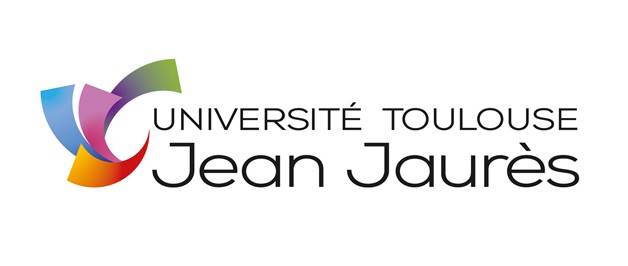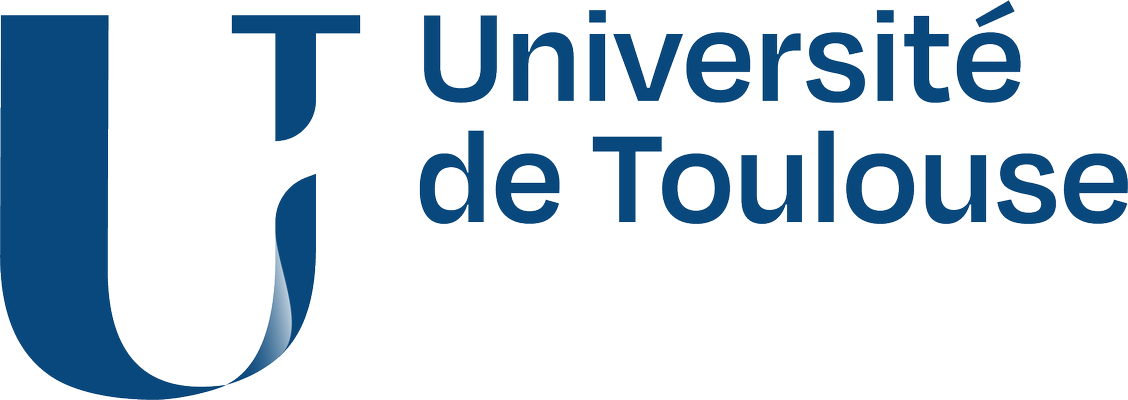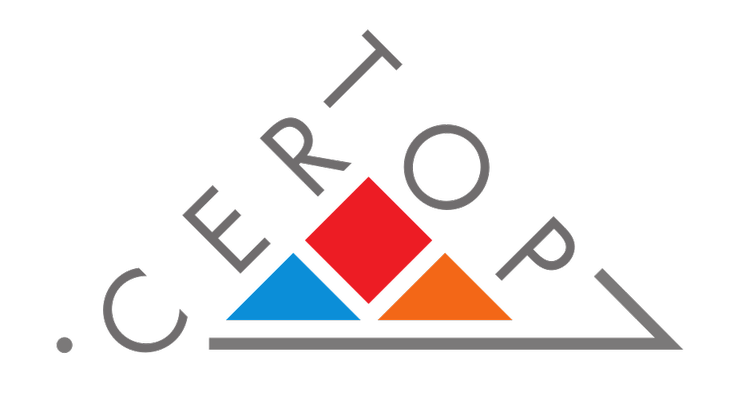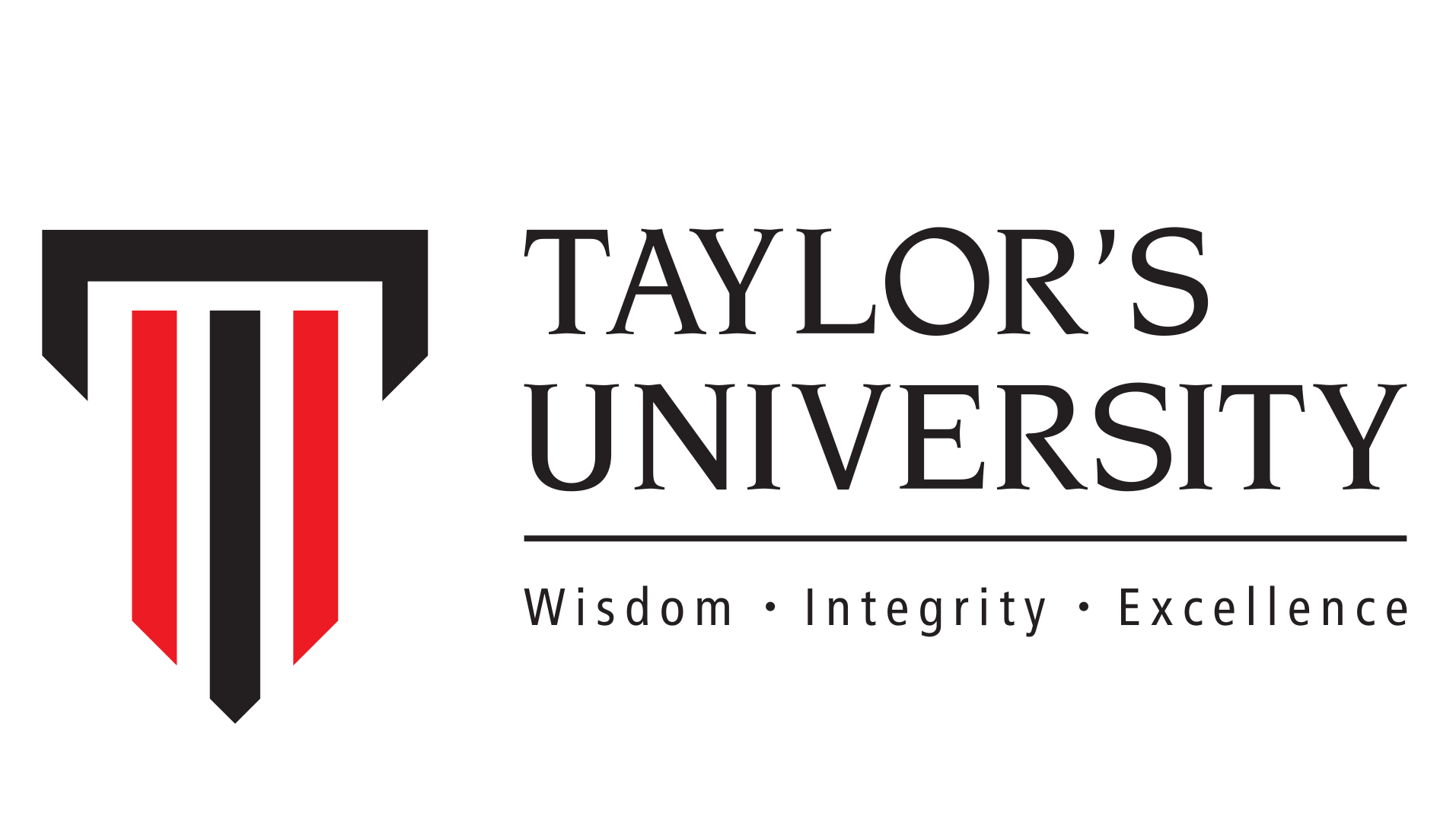ISTHIA
School of Tourism, Hospitality Management and Food Studies
ISTHIA/CERTOP research conferences
ISTHIA/CERTOP research Conferences
When wine leads the way to Web 3.0
Dr Laurent Florès – 8 February, 2024
We will explore how blockchain and decentralisation are revolutionising the wine industry, using the innovative example of Château Edmus. We will discuss the impact of these technologies on traceability, authenticity, and personalisation in the world of wine. This session will highlight the growing importance of Web 3.0 as a key tool for the future of the industry and, more broadly, the tourism, hotel, and catering sectors.
Hospitality and international tourism: intercultural dynamics, past and present
Jenny Mander – 12 October, 2023
This lecture, which will be given in English, will not offer a history of international tourism. It will instead reflect on the value – social as well as commercial – of interpreting tourist sites through the lens of past international interactions in all their complexity and moral ambiguity. It will argue that a grounding the touristic experience in a history of global movement and exchange does not dilute a sense of place or ‘authentic’ local culture: to the contrary, it can serve to put local places, especially those in the so-called provinces, literally ‘on the map’, adding to their significance and attraction both for those who live locally and those who visit from afar. Engaging with the scholarship of Salazar and other literature on the peace tourism debate, including the UNWTO ‘Tourism 4 SDGs’, the lecture will also argue that more attention to global history can contribute to a framework for understanding and promoting tourism as a means to question national and regional stereotypes, contribute to personal and institutional growth, and help open doors towards global peace. To anchor these more theoretical and ambitious lines of reflection, the audience will be invited to join the lecturer virtually on her recent visit of a National Trust property in Devon.
Food and drink tourism and local development: dynamics in the city; dynamics in the country
Olivier Etcheverria – 30 January, 2023
Food and drink tourism is a recreational activity in which participants visit places that they would not usually frequent. Food and drink tourists stay in these places temporarily and sometimes not even in person. Presence in situ is a desired condition, motivated by the act of tasting and immersing oneself in the local environment. Food and drink tourists therefore play a role in local development. What are the dynamics in the city? What are the dynamics in the country?
In vino veritas: behind the scenes of the vineyards of Bordeaux
Chantal Crenn – 24 November, 2022
Historically, wine has been a commodity of trade and exchange. Its distribution has often been associated with prestige and power. Less well known is the role of the foreign workforce in the French winescape (especially Bordeaux). Although it is gratifying that winegrowing and winemaking know-how and products are circulating in the different wine spheres (viticulturists, cellar masters, etc.), what about the vineyard workers who are often rendered invisible when it comes to marketing the wine? What roles do they (particularly those from former colonies) play in these areas – Bordeaux in particular – that are considered to embody the heritage of rural France? Moreover, what roles do the different transnational high-flyers interacting in this new global world of wine play? We will be particularly looking at the Chinese, but also the New Zealanders and Brits. What are the new territorial issues resulting from their presence (among others, financial) in areas that have evolved to become an emblem of Frenchness?
THE AGRO-ECOLOGICAL TRANSITION? THE ROLE OF PERIPHERAL ACTORS. TAKING A LOOK AT FOOD BANKS AND MASS CATERING
Christèle Dondeyne – 27 January, 2022
The agro-ecological transition is the subject of numerous surveys and studies that mainly focus on farmers and the techno-social networks in which they are involved. We will ask ourselves what role can be played in this process by actors who appear to be more peripheral, but who can be very directly linked to the outlets, the establishment or transition of agricultural holdings.
THE SUSTAINABLE COMPETITIVENESS AND PERFORMANCE OF TOURIST DESTINATIONS
Laurent Botti and Nicolas Peypoch – 25 November, 2021
The theme of performance, as well as that of competitiveness in terms of destinations, has been extensively studied over the past decade. In a competitive environment, organisations seek to optimise their practices in order to stay competitive. The issue of measuring performance is therefore crucial (Botti and Peypoch, 2019) and recent research on the subject shows this (Assaf and Tsionas, 2019). In order to discuss the keys to implementing a rigorous and relevant performance analysis mechanism (therefore contingent on the organisations studied), we will first address the complexity inherent in the concept of performance in the tourism sector. We will then explain the value of decision support methods for measuring the multidimensional concept of tourism performance.
THE INTERNATIONALISATION OF SCIENCE: THE EFFECTS OF RECOMPOSITIONING DISCIPLINES WITHIN TOURISM STUDIES
Bertrand Réau – 27 January, 2020
Tourism studies are also an important subject within a science of sociology interested in how disciplines are being restructured, and the power relations between disciplines are changing, within certain fields of study.
Tourism studies are helping to reconfigure the boundaries between the social sciences. Their origins vary, and they have had varying levels of success in terms of institutionalisation, reach and scientific “results”. They are often the product of the a posteriori labelling of works from different disciplines. They generally aim to “cross” the boundaries between disciplines by seeking to “cumulate” and “combine” contributions from various social sciences. These configurations vary over time and in terms of the types of studies.
THE EMERGENCE OF A NEW GLOBAL MIDDLE CLASS IN THE 2000s & DISRUPTION IN GLOBAL CONSUMPTION
Dominique Desjeux – 24 January, 2019
How the emergence of a new global middle class in the 2000s disrupted global consumption as a whole, including food and tourism. Drawing on the approach of observation scales and surveys conducted in many countries since the late 1960s, and detailed further in his book L’empreinte anthropologique du monde, Dominique Desjeux discusses how to better identify and act in an uncertain world.
FOOD RISK AND APPROPRIATION
Olivier Brunel – 6 January, 2015
If the act of food act is ontologically anxiety-producing (the paradox of the omnivore), the fact remains that the modernity of food (an overabundance and cacophony of information, lack of clarity from related sectors, etc.) has accentuated the feeling of mistrust from the eater with regard to food products. Not only are the physical risks impacting the safety of the eater to be taken into account, but there are now more abstract risks as well, induced by a growing physical and symbolic distance between food and eater. The questions then are: how is the risk perceived? What are the factors that increase it? How does the consumer reduce the risk? To answer these questions, the results of three research projects are presented.
MEETING AND CONVENTION TOURISM AND TERRITORIAL STRATEGIES
Sylvie Christofle – 14 February, 2014
This conference deals with the meeting and convention tourism and how the sector has evolved in terms of territorial competitiveness. Meeting and Convention Tourism (TRC) has been a growing field of activity since the 1950s, which accelerated in the 1980s. Europe and North America are the largest receiving countries, but South-East Asia and Australia are gaining market share. In order to develop their territory and increase its appeal, metropolitan and state actors rely on proactive policies to encourage meeting and congress tourism through an internationalised setting, events and equipment. Nevertheless, there are still limiting factors in an increasingly competitive environment.
PUBLIC SPACE AND STAGING IN THE TOURIST CITY
Vincent Vlès – 24 January, 2013
In a society that has become one of image and notoriety, city and resort planners are transforming iconic urban public space in a way that allows tourists to appreciate their unique features. By staging tourist settings, they aim to prioritise experiences, sensations and encounters to welcome visitors as an additional actor in urban life, one who participates in the city’s narrative.
MEASURING WEBSITE PERFORMANCE – THE CASE OF ONLINE WINE WEBSITES
Gregory Bressolles – 7 February, 2013
This conference focuses on various research studies carried out since 2000 on the evaluation of websites: how to evaluate the experience of buying or browsing on a website, as well as the results of a research paper published alongside F. Durrieu on how this work can be applied in the field of online wine sales.
THE BUDGET AND ADMINISTRATION OF TOURISM IN FRANCE: THE IMPLICATIONS OF THE LOLF AND THE RGPP
Jacques Spindler – 8 March 2012
The Organic Law on Finance (LOLF) was passed on 1 August 2001 and came into force on 1 January 2006. It has two objectives: to improve the French Parliament’s budget and to improve public management. The LOLF encourages ministries to continually modernise themselves. The LOLF involves the expansion of performance culture and the adaptation of state structures to achieve its objectives. Administrative structures have gradually adapted to the new budgetary framework. The LOLF and the modernisation of the state are closely linked. Several years following the implementation of the LOLF and modernisation of the State, some progress has been made, but many challenges remain. The latter are all criticisms that can be identified by analysing parliamentary work on the draft budget bills since 2006 in the field of tourism.
CONNECTING WITH THE VIRTUOUS CIRCLE OF FOOD
Carlo Petrini – 25 November 2011
 In this conference, Carlo Petrini first presents the objectives of the Slow Food movement he created in 1989, and the global network of farming communities, Terra Madre. Quoting Brillat-Savarin in The Physiology of Taste (1825), “Gastronomy is the reasoned knowledge of all that relates to man, as he feeds himself”. Petrini describes the gastronomic sciences in their multidisciplinary sense, touching on agriculture, zootechnics, genetics, chemistry, anthropology and sociology, economics and political economy, etc. He then goes on to explain the aberration of the current food system based on intensive agricultural production, and the abusive use of the chemicals responsible for soil depletion and water pollution, the lack of which could be the source of future geopolitical conflicts.
In this conference, Carlo Petrini first presents the objectives of the Slow Food movement he created in 1989, and the global network of farming communities, Terra Madre. Quoting Brillat-Savarin in The Physiology of Taste (1825), “Gastronomy is the reasoned knowledge of all that relates to man, as he feeds himself”. Petrini describes the gastronomic sciences in their multidisciplinary sense, touching on agriculture, zootechnics, genetics, chemistry, anthropology and sociology, economics and political economy, etc. He then goes on to explain the aberration of the current food system based on intensive agricultural production, and the abusive use of the chemicals responsible for soil depletion and water pollution, the lack of which could be the source of future geopolitical conflicts.
He illustrates his examples with the disappearance of the Agerolese cow in Italy and the introduction of Nile perch to Lake Victoria. He argues against a global trade policy that destroys natural biodiversity and threatens the planet with an ecological, economic and social disaster for local farmers. Faced with the risk of an “anthropogenic crisis”, he advocates for change in the food system through new paradigms: restoring value to local agriculture and the economy. Petrini says “this is a formula to guarantee participatory democracy” and a return to the land accompanied by much-needed changes to the common agricultural policy to help young farmers in their choice of sustainable agriculture, rather than benefitting the majority of large landowners.
When he talks about agricultural production, distribution and export, environmental and landscape aspects, safeguarding biodiversity, and consumer behaviour… Carlo Petrini is always talking about gastronomy.
ISTHIA
Toulouse Campus
Campus du Mirail
5 Allées Antonio Machado, 31058 Toulouse Cedex 09
(+33) 05 61 50 23 68
Foix Campus
Centre Universitaire de l'Ariège Robert Naudi
4 Rue Raoul Lafagette, 09000 Foix
Foix Campus map
(+33) 05 61 02 19 74
Cahors Campus
Centre Universitaire Maurice Faure
273 Av. Henri Martin, 46000 Cahors
(+33) 05 65 23 46 04






